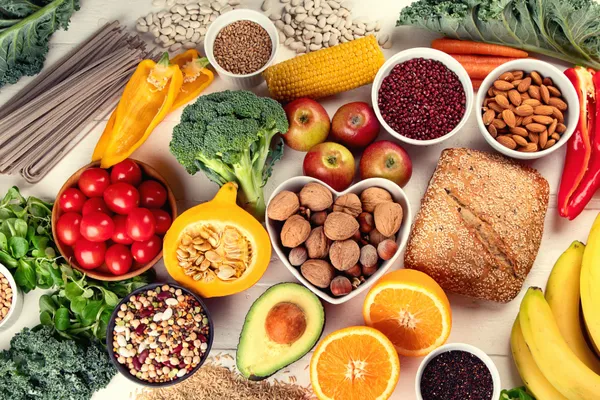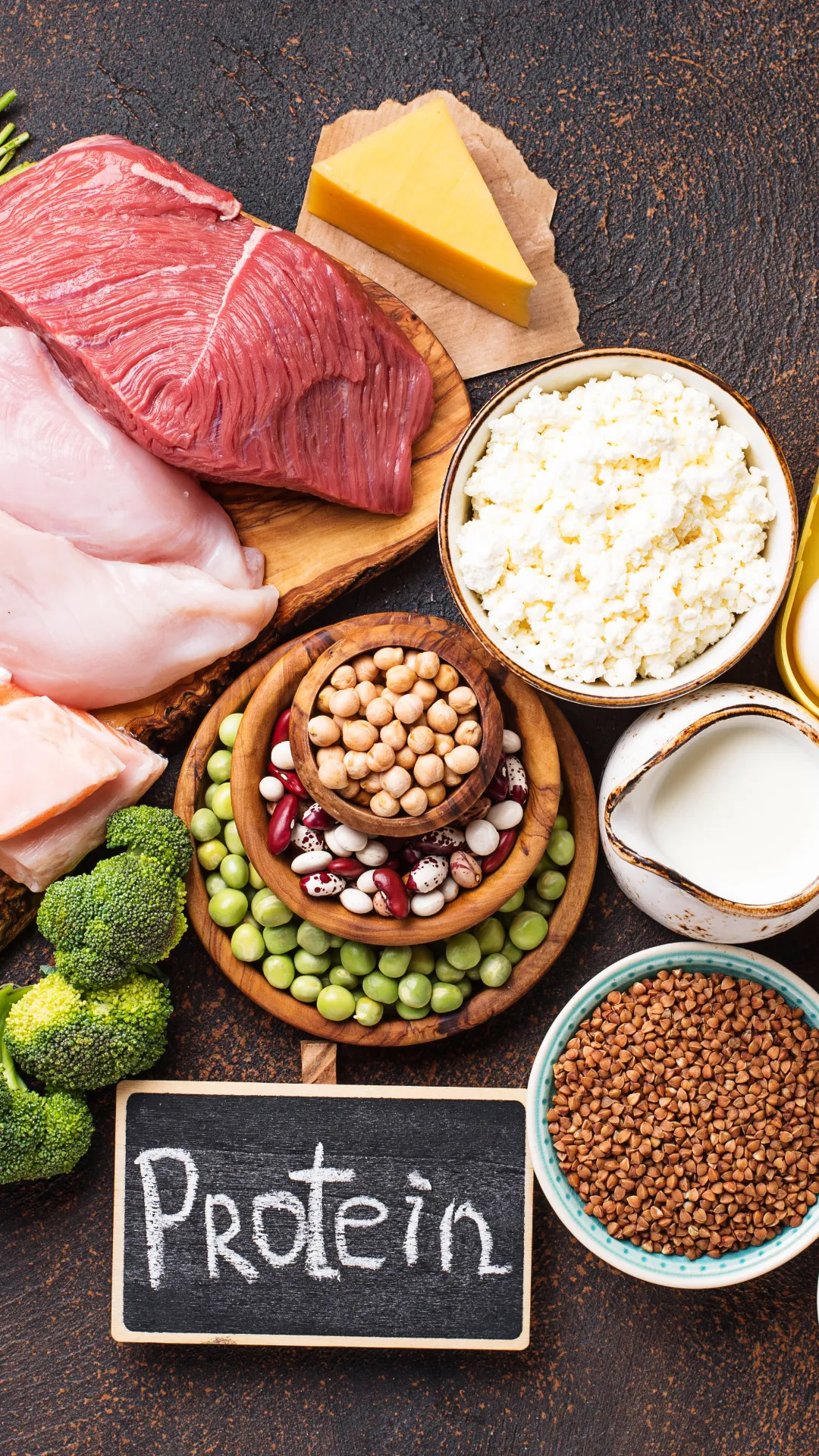
Why Your Gut is Key to a Sharper Mind and How to Support It Naturally
"One of the most powerful things you can do to fix your brain is fix your gut. The link is clear, and the results are often immediate and dramatic." - Dr Mark Hyman, the founder and medical director of The UltraWellness Center and author of "The UltraMind Solution."
If you've ever had a "gut feeling" about something, or butterflies before a big event, you've experienced firsthand the powerful link between your brain and your digestive system. But the gut-brain connection goes far deeper than a few nerves. In fact, your gut health plays a vital role in your mood, memory, learning, stress resilience and focus, and even your risk of developing conditions like anxiety, depression, or dementia.
Welcome to the world of the gut-brain axis - a communication superhighway between your digestive system and your brain that scientists are now calling the “second brain.” Let's explore how this works and how caring for your gut can support a clearer, more resilient mind.
What is the Gut-Brain Axis?
The gut-brain axis is the bi-directional communication network that links your central nervous system (the brain and spinal cord) with your enteric nervous system (the nervous system of your gut). This system uses neural, hormonal, and immune signals to keep your brain and gut in constant conversation.
Here’s the fascinating part:
Your gut contains over 100 million nerve cells.
It produces about 95% of your body’s serotonin, a key mood-regulating neurotransmitter.
And it's home to trillions of microbes, collectively known as the gut microbiome, that influence everything from digestion to inflammation to mental health.
When your gut is in good shape, it sends positive signals to your brain. But when it's out of balance, it can contribute to brain fog, low mood, anxiety, and even cognitive decline.
How the Gut Affects Mental Health
The gut microbiome plays a key role in this relationship. Certain strains of gut bacteria help produce neurotransmitters (like serotonin, dopamine, and GABA), regulate inflammation, and support the barrier between the gut and the bloodstream.
But when the microbiome is disrupted - due to poor diet, stress, antibiotics, or lack of sleep - it can trigger a cascade of effects:
Increased inflammation
Mood disturbances
Difficulty concentrating
Studies have shown that people with mood disorders often have a less diverse gut microbiome. And emerging research links gut health imbalances with a higher risk of neurodegenerative diseases like Alzheimer’s.
But the good news is that you have the power to influence your gut health - and by extension, your brain health - through daily choices.
6 Practical Tips to Improve Gut Health (and Sharpen Your Mind)
1. Eat More Plant-Based Diversity
The greater the variety of plants you eat, the more diverse your gut microbiome becomes. A diverse microbiome is more resilient and better at supporting brain function, mood, and immunity. Aim for 30 different plant foods a week, including fruits, vegetables, legumes, whole grains, herbs, nuts, and seeds.
How it helps: Different plant foods contain different types of fiber and polyphenols, which feed different types of beneficial bacteria, helping them thrive and crowd out harmful microbes.
2. Feed Your Gut with Prebiotics
Prebiotics are fibers that feed the good bacteria in your gut. Great sources include garlic, onions, leeks, bananas, asparagus, oats, and flaxseeds. Include them daily to help your microbiome flourish.
How it helps: Prebiotics act as fuel for your healthy gut bacteria, encouraging them to grow and produce compounds (like short-chain fatty acids) that reduce inflammation and support the gut lining.
3. Add Fermented Foods
Fermented foods like yoghurt (with live cultures), kefir, sauerkraut, kimchi, miso, and kombucha contain live bacteria that can help restore balance in your gut.
How it helps: These foods introduce helpful microbes into your gut, increasing bacterial diversity and improving digestion, mood regulation, and even immune response.
4. Manage Stress
Chronic stress can disrupt the gut-brain axis, harm the gut lining, and reduce populations of beneficial bacteria. Practices like deep breathing, mindfulness, prayer, time in nature, or gentle movement can calm your nervous system and support a healthier gut-brain relationship.
How it helps: Reducing stress helps regulate digestion, lowers inflammation, and creates a more balanced environment in your gut for healthy bacteria to thrive.
5. Get Quality Sleep
Lack of sleep damages your gut microbiome, and a disrupted gut can then interfere with sleep, creating a vicious cycle. Aim for 7–9 hours of restorative sleep by keeping a consistent bedtime and creating a wind-down routine.
How it helps: Consistent, restorative sleep supports a healthy circadian rhythm in your gut, encourages beneficial bacteria, and helps regulate hormones that influence hunger, mood, and cognition.
6. Slow Down and Chew Thoroughly
In our fast-paced world, it's easy to rush through meals, but your gut needs time to do its job properly. Digestion actually starts in the mouth, and chewing well is the first step in breaking down food. Try this: Put your fork down between bites, aim to chew each bite at least 15–20 times, and take a few deep breaths before you begin your meal to help your body switch into digestion mode.
How it helps: Eating slowly and chewing thoroughly gives your digestive enzymes a head start, reduces bloating, and improves nutrient absorption. It also helps activate the parasympathetic “rest and digest” state, which supports a healthy gut environment and reduces stress on your digestive system.
Final Thoughts
Caring for your gut isn’t just about digestion - it’s a powerful strategy for protecting your mental clarity, emotional resilience, and long-term brain health. By making a few simple changes, you can nourish both your gut and your mind - and take another step toward a sharper, more vibrant you.
Disclaimer:
This blog post is for informational purposes only and is not intended to replace medical advice. Always consult with your GP or a qualified healthcare practitioner before starting any new supplement or dietary protocol - especially if you have an existing medical condition, are pregnant, or are taking medication.




